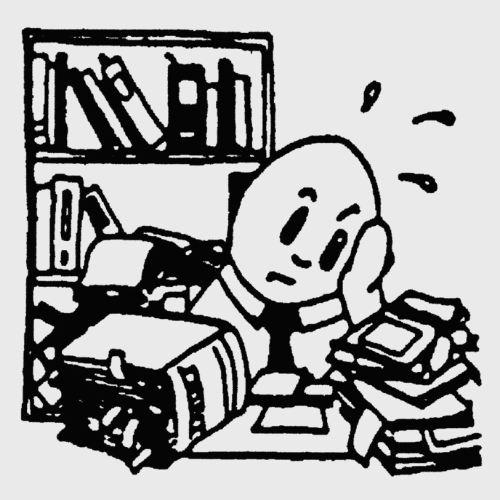originally posted March 9, 2007
May 2021: reformatted; some links adjusted; some text adjusted and revised; update added
M. T. Anderson’s The Astonishing Life of Octavian Nothing, Traitor to the Nation, Volume One: The Pox Party, which won the 2006 National Book Award for Young People’s Literature (presented by the National Book Foundation) last November, is one of the latest books helping to revive the genre of young adult literature. After seeming to peak in the 1970s and early ’80s, then stumbling through much of the 1990s with unchallenging and formulaic easy-reading novels that featured teen characters in stereotypical situations, YA literature has been rebounding for the past two or three years. The rebound is being seen both in popularity and in quality.
The adventures of teen wizard Harry Potter (published between 1997 and 2007) are widely credited with increasing the genre’s popularity by focusing attention on YA books and authors over the past decade. But J. K. Rowling’s works did not satisfy the needs or tastes of every reader—the volumes were long and complicated, they had unrealistic settings and plotlines, and the basic subject matter was specifically targeted. Many critics add that the series actually outgrew its original audience of YA readers over the years. Still, the popularity of Rowling’s series did help to usher in a renewed interest in writing quality material and developing intricate and intriguing story lines, scenes, and characters—all attributes that drew the attention of YA readers—and that fact is seldom argued.
Octavian’s story goes another set of steps forward by making readers think about and analyze their current world—in particular, what does America, as a nation, “mean” on a fundamental level; what does being American mean? Is it about liberty and freedom and respect for all, as we’re taught to believe? Or is it about certain people having advantage and status over others? As his life plays out against the backdrop of Revolutionary War politics, and then becomes actively intertwined with the American Revolution, readers follow the main character through several years of his youth as an enslaved eighteenth-century experiment to discover whether people of African descent, like Octavian and his mother, actually are a distinct species from Caucasian humans—or if they could possibly grow to be as intelligent as a white child. The American hypocrisy of blindness towards enslavement—even as the war was founded on freedom—becomes, then, a focus of the book that forces consideration of how America came to be as well as what it was truly meant to be.
As further evidence of the YA rebound, note that more and more books on both the adult and children’s New York Times Best Sellers lists are now written for, about, or involving young adults and that the American Library Association’s Michael L. Printz Award has started to take notice of books for young adults just as the Caldecott and Newbery awards have for other younger readers over the years.
Reporter Cecelia Goodnow, with the Seattle Post-Intelligencer posted this recent article that spotlights additional evidence. She also uncovered and compiled some interesting trends in “teen literature” and this list of best teen reads for 2007.
UPDATE: Over the years since this post was originally drafted, The Astonishing Life of Octavian Nothing has become even more highly regarded by critics, with young-adult author John Green listing the title as one of the top ten historical books ever written for children. During the social unrest that evolved over the summer of 2020 and early 2021 against systemic racism, the book’s considerations gained additional relevance.

